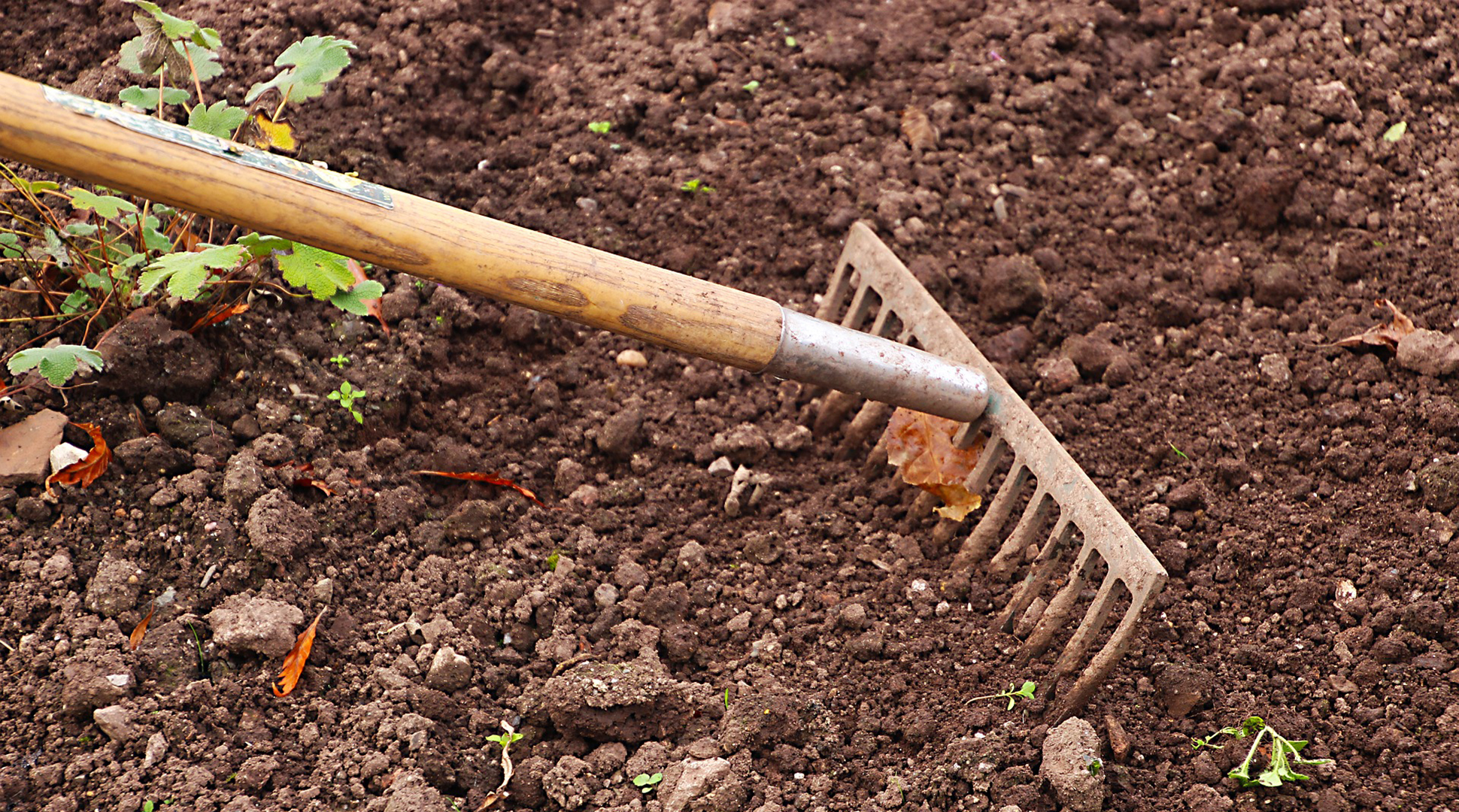By Julie Garden-Robinson, PhD, RD, LRD
The bulk sale on flowering and vegetable plants was ending in two hours. They were selling 48 plants for $19.99.
I'm frugal, so paying about 40 cents per plant was appealing to me.
However, the day was rainy and fairly cold. I would have gotten drenched picking out plants in the outdoor gardening area. Then I would need to keep the plants alive while I waited for the soil to lose its muddiness. If the plants died, I would not save any money.
Yes, I talked myself out of the bargain plants.
I pulled up my hood and ran to my vehicle. The rain didn't appear to be letting up any time soon.
Our damp, cool weather in late spring has "dampened" my gardening efforts.
Yes, we can buy our fruits and vegetables in the grocery store or at a farmers market, but try growing at least some of them yourself to reap the many benefits of gardening.
According to researchers, gardening can be beneficial for mental, physical and social health. In this article, I will take a look at a few of the mental health benefits of gardening. In the 1800s, Thomas Kirkbride, the founder of the American Psychiatric Association, was an early proponent of gardening as a treatment for mental health. He considered working in a garden setting as one of the best remedies for patients with mental illness.
More recently, researchers have reported the stress-relieving effects of gardening. Researchers in the Netherlands gave their 30 participating gardeners a stressful task, then the participants either read or did gardening activities for 30 minutes. The researchers measured the level of the stress hormone, cortisol, in their blood.
After 30 minutes of gardening, people were in a better mood than after 30 minutes of reading.
Don't give up reading, though. We need relaxing hobbies during the cold months.
Do fresh flowers and plants give you a pick-me-up in your home? Researchers have found that people who keep flowers in their home feel happier, less stressed and more relaxed.
Try growing some colorful flowers, such as zinnias in your garden. You could enjoy a vase of fresh-cut flowers directly from your garden.
Gardening may reduce the risk of dementia. In a study conducted with people aged 65 and older in France, the researchers noted that participating in leisure activities, such as gardening, traveling, doing odd jobs and knitting, were associated with a lower risk of dementia.
If you do not have knitting needles and yarn (and knitting skills), you might want to grab a spade or hoe.
Even if you do not have a lot of space, you can enjoy growing plants in pots on a patio or even some herbs on a windowsill inside your home. Here are some tips for planting in containers:
- Be sure your container has drainage holes so extra water doesn't pool at the bottom and damage the roots. If you want to grow tomatoes, peppers or eggplant, gardening experts usually recommend 5-gallon containers. Smaller pots work well for green onions, lettuce and herbs.
- Add potting mix, not plain soil from your yard. Your soil needs to drain well.
- Choose seeds or plants. You can start your own seedlings in egg cartons or even an old cake pan. Fill the container with potting soil, add seeds and cover with about a half-inch of soil. Cover with a clear plastic bag, place in a warm, sunny area and water regularly. When the seedlings have four or more leaves, they are ready to transfer into the final pot.
- Find a sunny spot for your container. If your plants aren't doing well in the spot you chose, move the container to a better place.
- Water often and fertilize according to the directions on the container. Container gardens need to be watered more than regular gardens, ideally at least once every morning.
- Add enough water on top of the soil so it begins to leak out the bottom.
- Be sure to pull weeds regularly. Weeds compete for space, water, nutrients and sunlight.
See https://www.ag.ndsu.edu/fieldtofork to view online seminars about all aspects of gardening, along with publications to help you.
